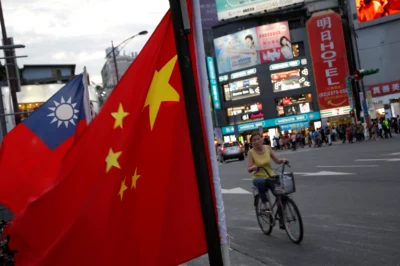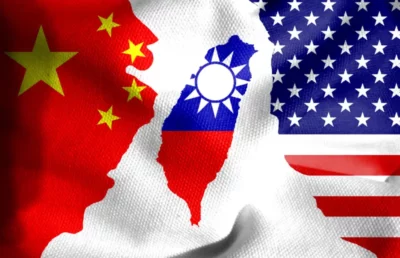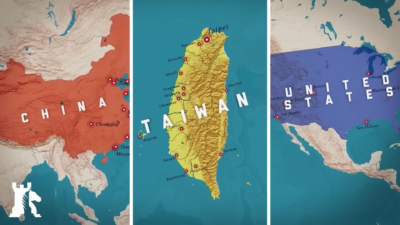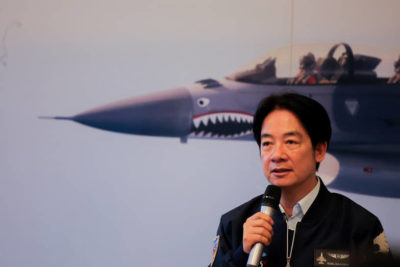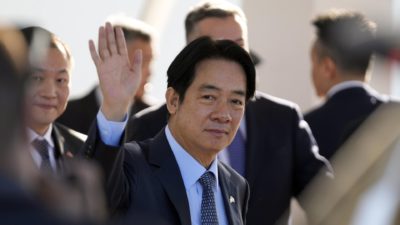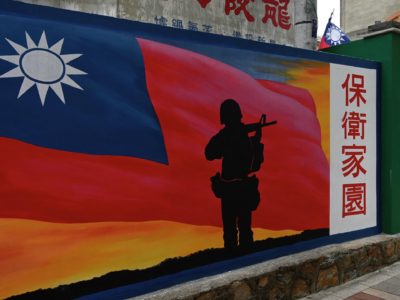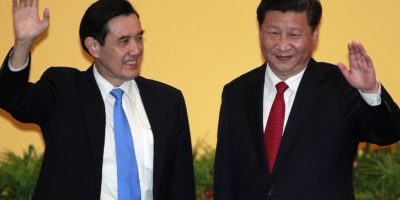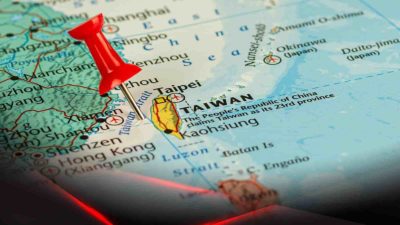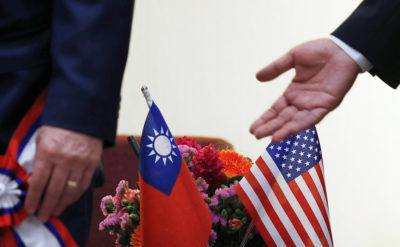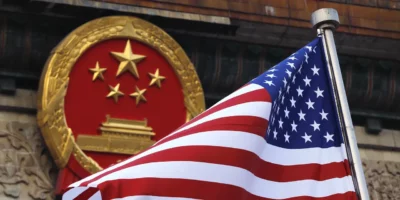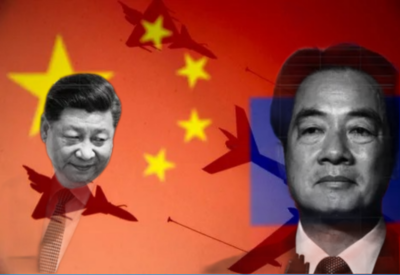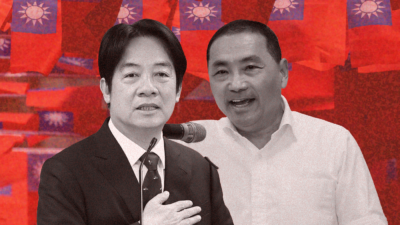Update on some legal aspects of the Taiwan issue
In recent months, the complex Taiwan issue has been characterised by a component that can be conventionally described as “legislative-legal”. In the propaganda element of the multi-faceted struggle between the US and the PRC over the Taiwan issue, the issue of the “true content” of UN Resolution 2758…
Unearthing the US Strategy in Taiwan: “Fill it with US weapons”
The newly elected Taiwan president recently met lawmakers visiting from the US. Their job was to solidify the US-Taiwan alliance. In this meeting, Lai Ching-te urged US politicians to push for legislation that would allow Washington to send – and sell – more and more weapons to Taiwan to counter China.
Why Washington’s Plans to Turn Taiwan Strait into “Hellscape” are Fundamentally Flawed
The Washington Post in an opinion piece by Josh Rogin titled, “The U.S. military plans a ‘Hellscape’ to deter China from attacking Taiwan,” lays out a fundamentally flawed assessment of a US Department of Defense strategy relying on unmanned systems to fight off the Chinese military for up to a “month” before the US and its allies can mobilize their armed forces.
Taiwan Problem: First "Post-Inaugural" Developments
The inauguration of the new president on 20 May in Taiwan was accompanied by increased political turbulence on the island itself, had a notable international resonance and caused an expectedly negative reaction in the PRC.
Taiwan's new president takes office
Taiwan’s new chief executive, William Lai, who was elected in January, officially took office on 20 May. However, Lai’s hold on power could be complicated by the fact that his Democratic Progressive Party (DPP) has lost its majority in parliament to the more mainland-friendly opposition Kuomintang…
Taiwan Continues Toward US-Engineered “Ukraine-ization”
The Chinese Island province of Taiwan continues to be targeted by the US and its political proxies through efforts to further consolidate political control over it and transform it into a geopolitical “battering ram” against the rest of China…
Former Taiwanese President Ma Ying-jeou visits the PRC
In the complex game being played by the major world powers in connection with the Taiwan issue, a remarkable event took place at the beginning of April this year, which attracted the attention of media around the world. This is about a tour of the PRC (or “Mainland China”) by former President Ma Ying-jeou accompanied by a certain Taiwanese youth group. Between May 2008 and May 2016 (i.e., two consecutive four-year terms), Ma Ying-jeou…
The PRC and the US in current events on the Taiwan issue
The Taiwan issue was last discussed in the NEO in the context of the increasingly visible presence of two new centres of influence emerging in the Indo-Pacific, namely India and Japan. The latter is particularly active there. However, the two major world powers, China and the United States, remain the main players in the games around Taiwan. And from the point of view of the former, everything that is somehow related to Taiwan concerns only China and no one else. Washington’s official position can be described by the formula “Yes, but…”, which has three main components…
Japan is expanding ties with Taiwan and India is forging them
The two leading world powers, the United States and the People’s Republic of China, are the main players in the games over Taiwan. At the same time, the presence of other recently emerging “power centres” is becoming increasingly visible. First of all, Japan and India. Of these, the former’s relations with Taiwan are now of an ordinary interstate nature. This is also true of Japan’s relations with its “big brother”, the United States…
Washington’s True Fear of China: An Obstacle to American Hegemony
A recent op-ed appearing in Foreign Affairs titled, “The Taiwan Catastrophe,” helps paint a clear picture of US motivations behind its growing confrontation with China and the increasingly unrealistic nature of Washington’s desired outcome. The premise of the op-ed is built on a now declassified top-secret memo by US General Douglas MacArthur in 1950 describing Taiwan as an “unsinkable aircraft carrier,” essential not to protect the continental United States, but to preserve US primacy over Asia-Pacific thousands of miles from US shores…
The results of the Taiwan election will serve as a litmus test for the relationship between the People’s Republic of China and the United States
The election of a candidate from the ruling Democratic Progressive Party (DPP), which supports Taipei’s independence and closer ties with the United States, may result in increased tensions with Beijing. The situation regarding the conflict around Taiwan is becoming increasingly complex. On January 13 of this year, international experts were making preliminary forecasts for the general elections on the island and possible developments…
Taiwan’s Presidential Elections: A Choice between War and Peace
Taiwan is one of the states that are going to hold presidential elections on 13th January 2024. Taiwan is one of the most contentious issues between China and the United States. The island was ruled by Japan for almost 50 years. However, it was handed over to the Chinese Nationalist government of Chiang Kai-shek in 1949. After Mao Zedong’s victory over the mainland, the Kuomintang, the Nationalists, relocated to the island. Since then, this island has been a matter of contention between China and the United States…
